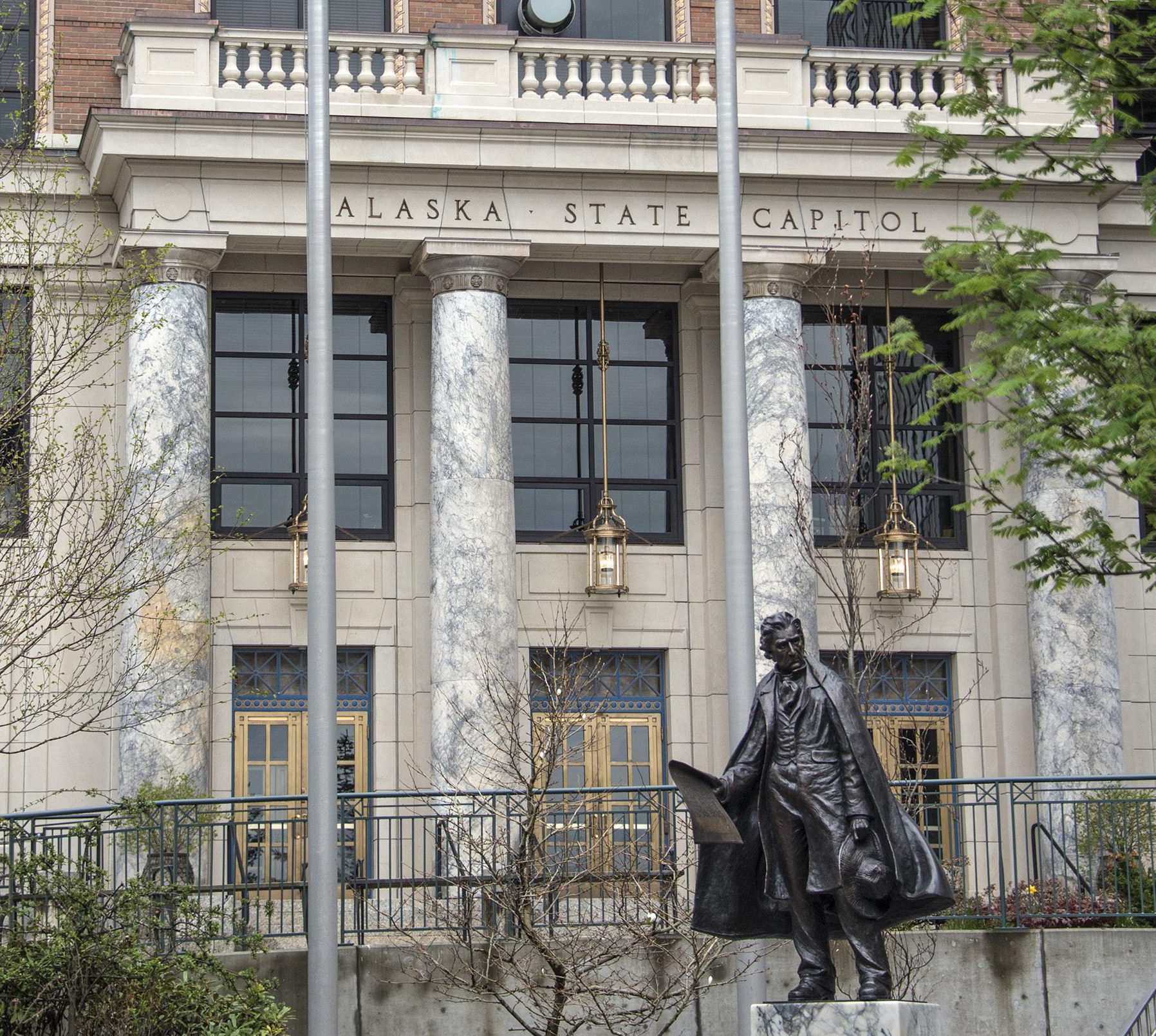On Feb. 11, twenty-four days after the 2021 legislative session began on Jan. 19th, the Alaska House of Representatives elected a permanent speaker of the House. Members elected Rep. Louise Stutes (R) in a 21-19 vote.
Since the start of the session, House members had been divided between supporters of a Republican-led majority and those favoring a multipartisan coalition. Republicans won a 21-19 majority in the 2020 general election, but in December, Stutes joined the coalition bloc composed of 16 Democrats and three independents, leaving each faction with 20 members.
In January, Reps. Bart LeBon (R), Laddie Shaw (R), and Neal Foster (D) were nominated for the speakership, but each vote ended in an even 20-20 split. On Feb. 4th, the House unanimously elected Rep. Josiah Patkotak (I) as temporary speaker. Rep. Ben Carpenter (R) said the House Republican Caucus nominated Patkotak, who is a member of the coalition bloc, to “alleviate the Lt. Governor from his temporary responsibility as presiding officer and to move the discussion forward about finding a permanent presiding officer.”
Rep. Kelly Merrick's (R) vote for Stutes ultimately broke the recurring tie votes. Merrick said, “Today, I voted to elect Republican Representative Louise Stutes as Speaker of the House, ending more than three weeks of deadlock and allowing the Legislature to move forward. It was by no means an easy decision to make, but it ensured that no matter how organization comes together, there will be a Republican Speaker."
The three-week period without a House speaker is the second-longest in the state’s history. In 2018, similar divisions kept House members from electing a speaker until Feb. 14th, 2019, when a coalition of 15 Democrats, four Republicans, and two independents elected Bryce Edgmon (I) as House speaker and agreed to split other key leadership and committee positions between the two parties.
With split control of the House and Republican control of the Senate and governor's office, Alaska’s trifecta status remains divided. A trifecta exists when one political party simultaneously holds the governor’s office and majorities in both state legislative chambers. There are currently 23 Republican trifectas, 15 Democratic trifectas, and 12 divided governments where neither party holds trifecta control. After the 2020 elections, Republicans had a net gain of two trifectas and two states under divided government became trifectas.
Additional Reading:



